Voice from Subscriber and Partner
I am pleased to contribute to the inaugural Bel isi PNG newsletter from the perspective of both Oil Search Foundation (OSF) that is key partner as well as a Subscriber.
Over the years in different locations - Australia, my asples, Alaska USA, and in Papua New Guinea - I have seen firsthand the effects family and sexual violence (FSV) on friends, loved ones and my staff. As a professional, I understand all too well the burden FSV places on the workplace in terms of missed days at work, a lack of performance of staff, and from occupational health and safety concerns. These are the reasons my own organisation, Oil Search, has put in place a Domestic Violence Policy and why OSF has prioritised addressing FSV as part of its core strategy.
There is now a wealth of international, evidenced based research that confirms the links between domestic violence and negative economic development. A more recent study in Port Moresby put a dollar sign against the cost to doing business with one company alone calculating costs of $3 million kina in one year. Business leaders have started looking at these figures and understanding the impact of domestic violence on their bottom line.
A turning point in bringing individual companies together to address the problem was the donation of a residential compound by Bank of South Pacific to use as a safe house. As conversations on what to do with this generous offer evolved, the idea of galvanising the private sector as a key partner to address domestic violence matured and a public private partnership to address family and sexual violence emerged. Bel isi has risen as a result of cooperation, joints efforts and donations in time, knowledge, in kind and in cash.
It is ultimately partnership that made the initiative possible. Following BSP’s offer, Steamships Trading donated office space now used as a case-management centre. G4S Security is providing 24 hours transport to those requiring it from an unsafe to safe location free of charge, Brian Bell is providing cleaning supplies and furniture, 9-Mile Farm and Stop and Shop [AA1] are donating food and PNG Power is giving free electricity.
Importantly the Australian Government, through their Pacific Women program, has provided a significant grant for the project. This funding is being used to not only support new case management and safe house services, but to improve domestic violence services across Port Moresby. Many of the generous donations we are receiving from the private sector are also being shared. For example, we share food donations with other local safe houses. Our moto is that nobody is left behind.
Improving services for all survivors and supporting the private sector to help their employees address the cost to doing business is one part of Bel isi PNG. But we cannot ignore prevention. This is where leadership is essential. A key element is to work with private sector and other leaders to support them to galvanise change. This approach recognises that the formal employment sector has ‘captured’ within their organisation tens of thousands of employees who can be inspired to change their behaviour and also become champions of change within their own communities. We want to provide the support, tools and platform for leaders to make a difference both individually and collectively.
We are also working closely with the public sector on both prevention and improved services. National Capital District Commission Governor, Powes Parkop has been an enormous support to Bel isi PNG from the start. Since 2007, Governor Parkop has seen Port Moresby and its composite PNG population as the terrain to initiate changes that he wants to see spreading to the rest of the country. His focus on prevention and empowering communities to change complements perfectly the work we are doing through Bel isi PNG.
In the first month of launching Bel isi, I personally have already seen the impact we can and will have as a community. We have helped local safe houses with food and sustainability planning, we have spoken with numerous leaders about their roles in prevention and improved services and held a leadership forum to share international best practice, and we already helping survivors including two women from my own staff.
I was able to help these women immediately when they came to me with terrible problems of violence at home. In both cases they went to the Bel isi PNG case management centre. They were supported to receive much needed medical care. In one case the police were involved and arrested the perpetrator, a rapist. In the second case a protection order was immediately obtained, and our safe house received its first client. They were both immensely thankful for the support and are already back at work.
What I am most proud of is that we are supporting the Papua New Guinean community who is standing up to say Enough is Enough. They are acting in their communities, their churches, their business and homes. They are drawing support from the existing network, and by joining it, creating even greater momentum. Individually we can do our bit but together we can make an incredible and long-lasting difference. Thank you for joining us in this most important initiative.
Stephanie Copus-Campbell,
Executive Director of the Papua New Guinean (PNG) Oil Search Foundation

